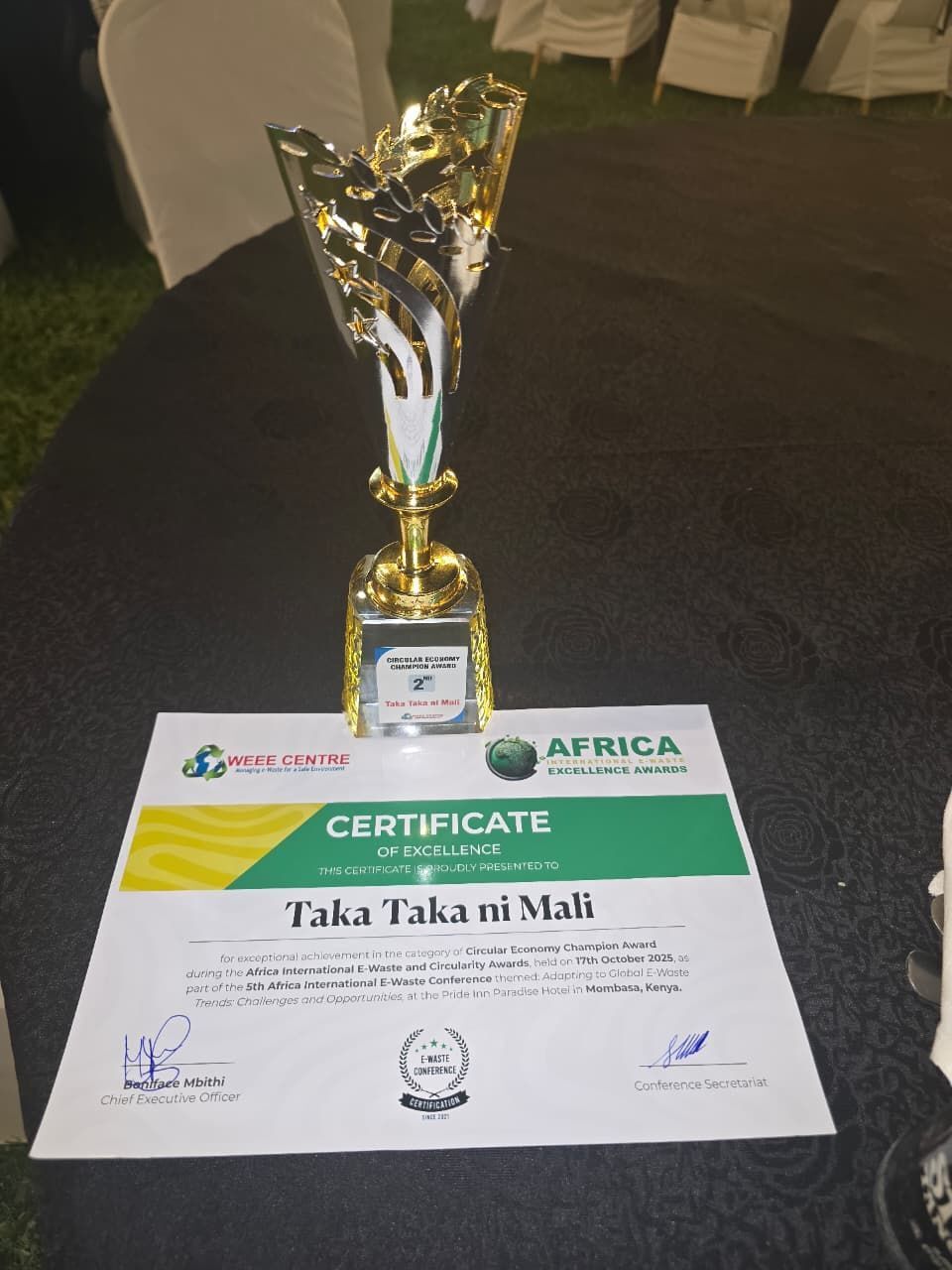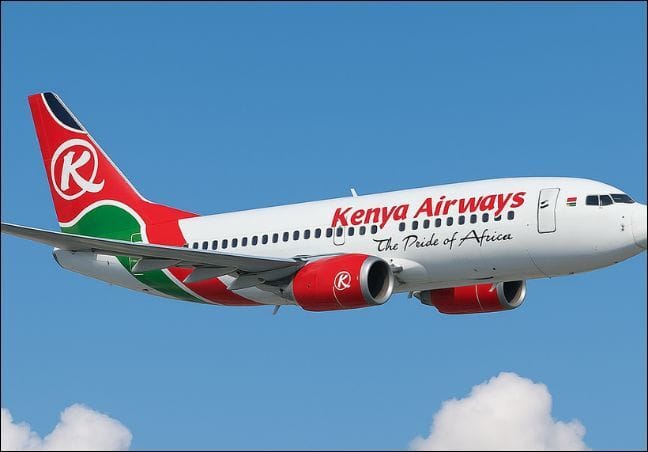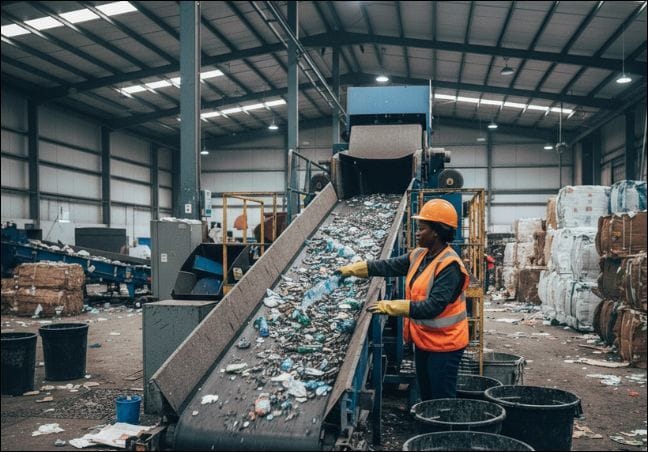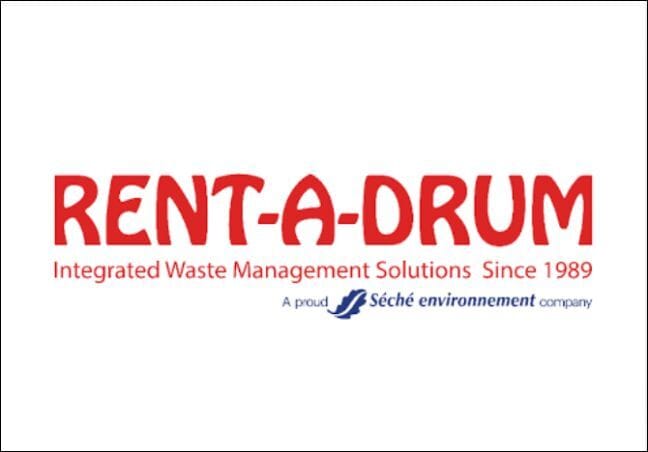- Circular Rising
- Posts
- Circular aviation gains altitude in Africa
Circular aviation gains altitude in Africa
Dear subscriber,
Circularity in the aviation sector is rarely talked about on the continent. But that may be about to change. While few are ready so far to turn yesterday’s leftovers into today’s lift-off, impact and commercial potential would be significant.
Mercy Maina - Editor
From waste to wings. Kenya’s national carrier, Kenya Airways (KQ), has become the first airline in Africa to operate a verified low-carbon flight. On 22 October, the carrier flew from Nairobi to Cape Town using a 50% blend of Sustainable Aviation Fuel (SAF) derived from waste-based feedstocks such as used cooking oil. |
Across Africa, countries are increasingly exploring waste-to-fuel strategies, converting organic residues into sustainable aviation fuels that cut emissions and advance a circular economy in aviation.
The use of SAF produced from Hydroprocessed Esters and Fatty Acids (HEFA) feedstocks can reduce lifecycle greenhouse gas emissions by up to 85% compared with conventional jet fuel.
Our take: The Nairobi–Cape Town flight demonstrates that circular aviation is possible in Africa…… Read more (2 min)
A World Bank–funded landfill upgrade in the island nation of Seychelles is driving a surge in circular hiring across Africa. Pakistan’s National Engineering Corporation (NEC), the project’s consulting firm, leads this month’s listings with nine of 32 roles, making it the single largest hirer and highlighting the scale of the project. |
The project’s hiring also contributes 8 of the 15 technical roles available, seeking engineering experts across disciplines including civil, mechanical/electrical, geotechnical, landfill,and CAD/GIS specialisations.
NEC’s hiring also positions East Africa as the leading region this month, accounting for 15 roles in total, with Seychelles contributing nine, while the remainder are shared between Kenya, Burundi, and Somalia.
Explore the latest openings across Africa’s circular sector here (2 min)
Namibia-based waste management company Rent-A-Drum is trying to balance commercial growth with community engagement in its recruitment. Recent hiring trends show rapid expansion in sales and social services roles, reflecting a deliberate focus on professionalising operations as well as strengthening stakeholder relationships and local impact. |
The company added 21 employees out of a total workforce of 74 in the past year, growing its sales and engineering teams by 100% in a push to expand operations and commercial capacity. Community and social services roles also grew by 100% in one year, strengthening ties with communities.
Founded in 1989, Rent-A-Drum has pioneered the country’s first recycling and refuse-derived fuel plants. It is now developing Namibia’s first A-Class hazardous waste treatment and disposal facility.
Our take: The company is setting a precedent for sustainable business growth within Namibia’s environmental sector…Read more (2 min)
___________________


Kenya’s Takataka ni Mali awarded at the Africa E-Waste Excellence Awards
Events
🗓️ Register for the 2nd annual Sustainability Week in South Africa (October 30)
🗓️ Attend the 10th Circular Economy Conference in Nairobi (November 18)
🗓️ Network at the UN Environment Assembly (UNEA-7) in Nairobi (December 8)
Various
🎖️ Five startups selected to scale marine litter solutions in West Africa
💰 Circular economy initiatives in Tunisia to benefit from pioneer EBRD funding
♻️ Ghana project aims to transform 2,000 tons of daily waste into jet fuel
📜 IOM publishes toolkit for managing e-waste in humanitarian settings
🫸 Coalition presses UNEP over opaque used clothing project
🧑⚖️ ICT Ministry pledges policy review to support Uganda’s national e-waste plan
📲 South Africa launches pilot e-waste recycling project in Johannesburg
💊 How cashew nut shells could help Africa make vaccines
⁉️ Circular economy: The missing link in Africa’s corporate sustainability strategies
Seen on LinkedIn
Paul Biller, an advocate for environmentally friendly waste recycling, says, “For Kenya, an industrial approach with the creation of a modern waste collection and recycling infrastructure has long been relevant. Unfortunately, we hear from all sides that the transition to modern waste collection and recycling technology will deprive "informal waste pickers" of their income. It is clearly time to choose between informal waste collectors and modern waste collection and recycling technologies.”


